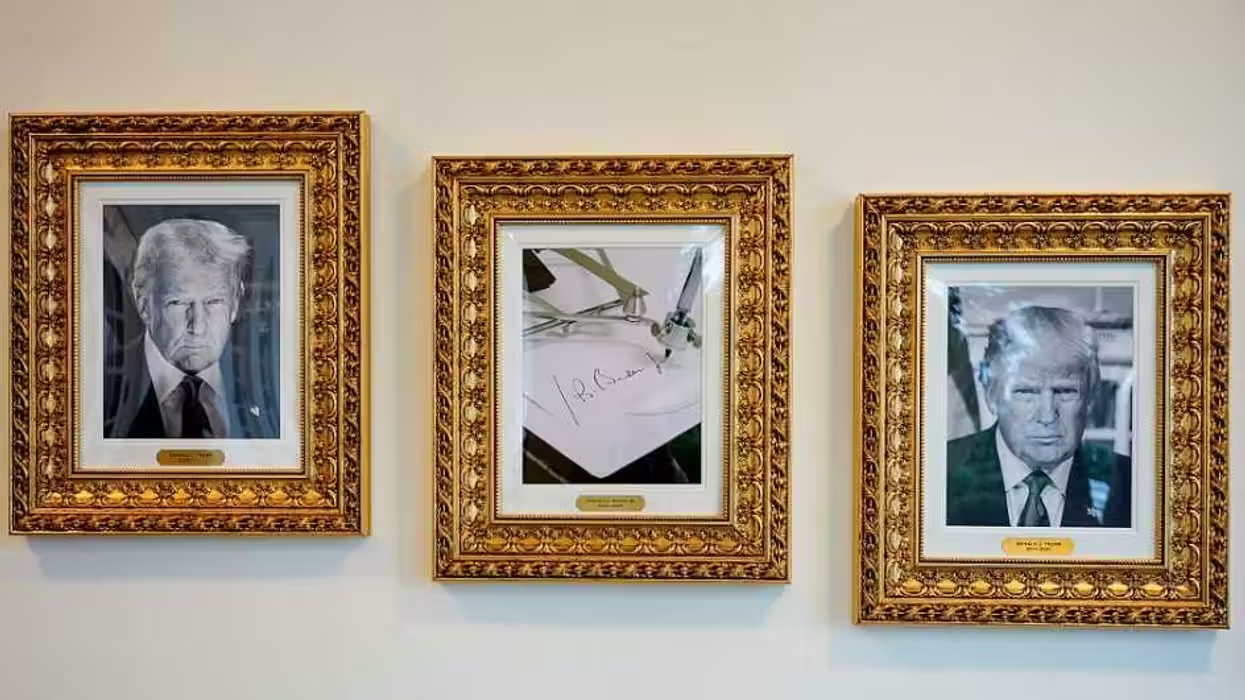An investigation conducted by the Financial Times reportedly revealed a “series of errors” that “skew” the findings outlined in Thomas Piketty’s best seller “Capital in the 21st Century” on income inequality. The book has been hailed by the left as a "game-changer," and compared to Karl Marx's "Das Kapital" by critics.
However, FT economics editor Chris Giles claims to have found serious errors in Piketty’s data, which likely undermine his findings.
 French economist Thomas Piketty speaks to students and guests during a presentation at King's College, central London, on April 30, 2014. Piketty said that he hoped to create a 'more informed fight' about the issue of income inequality as he launched his bestselling and highly controversial book in Britain. AFP PHOTO / LEON NEAL
French economist Thomas Piketty speaks to students and guests during a presentation at King's College, central London, on April 30, 2014. Piketty said that he hoped to create a 'more informed fight' about the issue of income inequality as he launched his bestselling and highly controversial book in Britain. AFP PHOTO / LEON NEAL
After correcting the errors, drastically different conclusions were revealed about income inequality, he writes.
“The central theme of Prof Piketty’s work is that wealth inequalities are heading back up to levels last seen before the first world war,” Giles explains.”The investigation undercuts this claim, indicating there is little evidence in Prof Piketty’s original sources to bear out the thesis that an increasing share of total wealth is held by the richest few.”
Giles goes on to outline some of the other problems with the work:
Prof Piketty, 43, provides detailed sourcing for his estimates of wealth inequality in Europe and the US over the past 200 years. In his spreadsheets, however, there are transcription errors from the original sources and incorrect formulas. It also appears that some of the data are cherry-picked or constructed without an original source.
For example, once the FT cleaned up and simplified the data, the European numbers do not show any tendency towards rising wealth inequality after 1970. An independent specialist in measuring inequality shared the FT’s concerns.
Piketty reportedly told the FT that he used "a very diverse and heterogeneous set of data sources ... [on which] one needs to make a number of adjustments to the raw data sources."
He also said he would be “very surprised” if his conclusion about the “long-run evolution of wealth distributions” would be affected by improvements to his historical data series.
Read more on the FT’s investigation here.
(H/T: Business Insider)

 French economist Thomas Piketty speaks to students and guests during a presentation at King's College, central London, on April 30, 2014. Piketty said that he hoped to create a 'more informed fight' about the issue of income inequality as he launched his bestselling and highly controversial book in Britain. AFP PHOTO / LEON NEAL
French economist Thomas Piketty speaks to students and guests during a presentation at King's College, central London, on April 30, 2014. Piketty said that he hoped to create a 'more informed fight' about the issue of income inequality as he launched his bestselling and highly controversial book in Britain. AFP PHOTO / LEON NEAL






